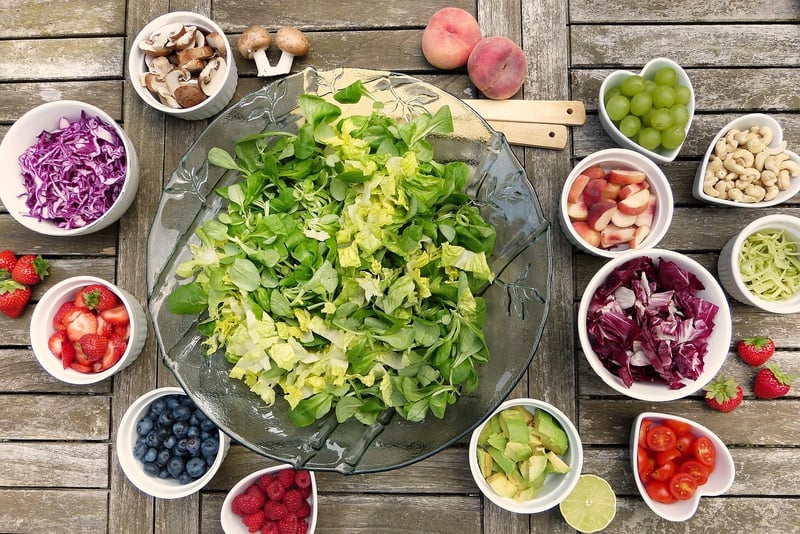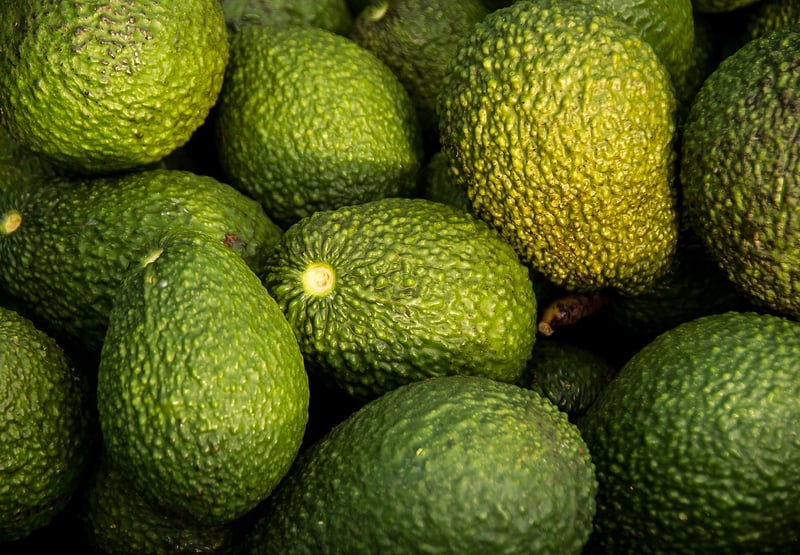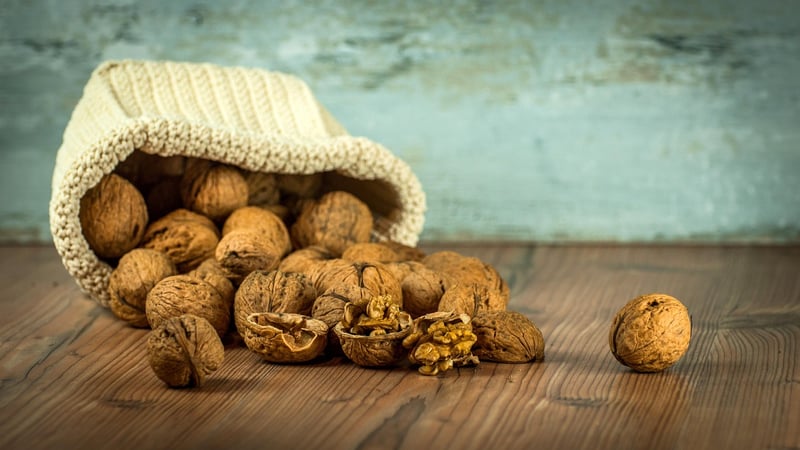Nutrient-Rich Foods
Optimize Your Dietary Habits with Nutrient-Rich Foods
Having a balanced diet is essential for overall health and well-being. By incorporating nutrient-rich foods into your daily meals, you can ensure that your body receives the vitamins and minerals it needs to function optimally. Here are some tips to help you optimize your dietary habits:
1. Include a Variety of Fruits and Vegetables
Fruits and vegetables are packed with essential nutrients like vitamins, minerals, and antioxidants. Aim to include a colorful variety in your meals to ensure you get a broad range of nutrients.

2. Choose Whole Grains
Opt for whole grains like brown rice, quinoa, and whole wheat bread over refined grains. Whole grains are rich in fiber, vitamins, and minerals, providing sustained energy and promoting digestive health.

3. Incorporate Lean Proteins
Include lean sources of protein such as poultry, fish, beans, and legumes in your diet. Protein is essential for building and repairing tissues and supporting a healthy immune system.

4. Don't Forget Healthy Fats
Include sources of healthy fats like avocados, nuts, seeds, and olive oil in your meals. Healthy fats are important for brain health, hormone production, and nutrient absorption.

5. Stay Hydrated
Drink plenty of water throughout the day to stay hydrated. Water is essential for various bodily functions, including digestion, nutrient transportation, and temperature regulation.

By incorporating these nutrient-rich foods into your diet and maintaining healthy eating habits, you can support your overall health and well-being. Remember to consult with a healthcare provider or a nutritionist for personalized dietary recommendations.
References: Choose My Plate
